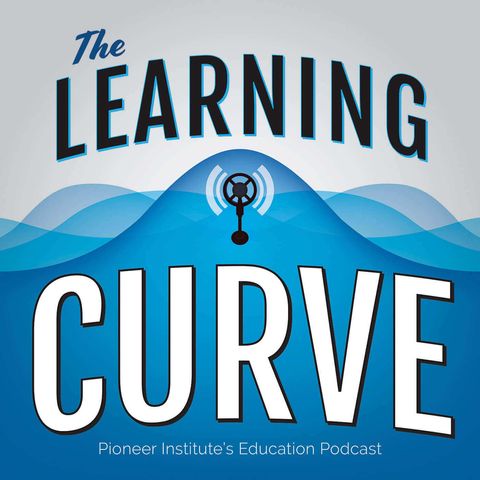
Contacts
Info
“The Learning Curve” is where you’ll find straight talk about the nation’s hottest education stories - news and opinion from the schoolyard to the 2020 campaign trail. Co-hosts Gerard Robinson...
show more
The Learning Curve
The Learning Curve
Stanford’s Arnold Rampersad on Jackie Robinson
Pulitzer Winner Kai Bird on Robert Oppenheimer & the Atomic Bomb
Georgetown’s Dr. Marguerite Roza on Federal ESSER Funds & the Fiscal Cliff
Harlow Giles Unger on Patrick Henry & American Liberty
Prof. Joel Richard Paul on Daniel Webster, U.S. Senate, & “Liberty and Union”
Steven Wilson on Charter Public Schools
Sheldon Novick on Henry James, American Women, & Gilded-Age Fiction
USAF Academy’s Jeanne Heidler on Henry Clay & Congressional Statesmanship
Israeli Harvard Student Maya Shiloni on Campus Antisemitism
Kimberly Steadman of Edward Brooke on Boston's Charter School Sector
“The Learning Curve” is where you’ll find straight talk about the nation’s hottest education stories - news and opinion from the schoolyard to the 2020 campaign trail. Co-hosts Gerard Robinson...
show moreInformation
| Author | Ricochet |
| Organization | Rich McFadden |
| Categories | Education |
| Website | ricochet.com |
| production@ricochet.com |
Copyright 2024 - Spreaker Inc. an iHeartMedia Company
